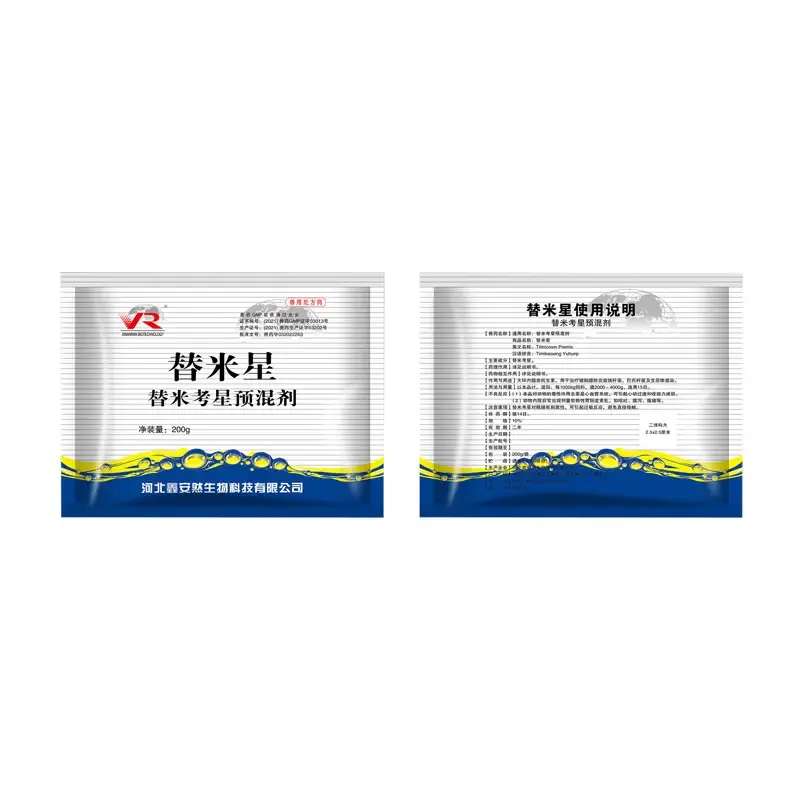- Afrikaans
- Albanian
- Amharic
- Arabic
- Armenian
- Azerbaijani
- Basque
- Belarusian
- Bengali
- Bosnian
- Bulgarian
- Catalan
- Cebuano
- Corsican
- Croatian
- Czech
- Danish
- Dutch
- English
- Esperanto
- Estonian
- Finnish
- French
- Frisian
- Galician
- Georgian
- German
- Greek
- Gujarati
- Haitian Creole
- hausa
- hawaiian
- Hebrew
- Hindi
- Miao
- Hungarian
- Icelandic
- igbo
- Indonesian
- irish
- Italian
- Japanese
- Javanese
- Kannada
- kazakh
- Khmer
- Rwandese
- Korean
- Kurdish
- Kyrgyz
- Lao
- Latin
- Latvian
- Lithuanian
- Luxembourgish
- Macedonian
- Malgashi
- Malay
- Malayalam
- Maltese
- Maori
- Marathi
- Mongolian
- Myanmar
- Nepali
- Norwegian
- Norwegian
- Occitan
- Pashto
- Persian
- Polish
- Portuguese
- Punjabi
- Romanian
- Russian
- Samoan
- Scottish Gaelic
- Serbian
- Sesotho
- Shona
- Sindhi
- Sinhala
- Slovak
- Slovenian
- Somali
- Spanish
- Sundanese
- Swahili
- Swedish
- Tagalog
- Tajik
- Tamil
- Tatar
- Telugu
- Thai
- Turkish
- Turkmen
- Ukrainian
- Urdu
- Uighur
- Uzbek
- Vietnamese
- Welsh
- Bantu
- Yiddish
- Yoruba
- Zulu
ທ.ວ. . 17, 2024 03:09 Back to list
Understanding the Uses of Antiparasitic Medications in Treating Infections
Understanding Antiparasitic Drugs and Their Uses
Antiparasitic drugs are essential in treating various parasitic infections, which are diseases resulting from the invasion of host organisms by parasites. These parasites can include protozoa, helminths (worms), and ectoparasites (such as lice and fleas). The clinical importance of antiparasitic drugs cannot be overstated, as they play a crucial role in public health, especially in regions where such infections are endemic.
Types of Parasites and the Need for Treatments
Parasites come in various forms, and the diseases they cause can have serious health implications. Protozoa, which are single-celled organisms, can lead to illnesses such as malaria, giardiasis, and amoebic dysentery. Helminths, which are often multicellular worms, include organisms like hookworms, tapeworms, and roundworms. Ectoparasites, though smaller, can cause significant discomfort and can transmit other pathogens.
The role of antiparasitic drugs is to either kill these parasites or inhibit their growth and reproduction, leading to their eventual elimination from the host
. Thus, understanding the types of drugs available and their specific applications is vital for effective treatment.Major Classes of Antiparasitic Drugs
1. Antimalarials These drugs are used primarily to treat malaria, a life-threatening disease caused by Plasmodium species transmitted through mosquito bites. Common antimalarials include chloroquine and artemisinin-based combination therapies (ACTs). These medications work by targeting the parasite at different stages of its lifecycle, disrupting its ability to reproduce and spread in the host's bloodstream.
what are antiparasitic drugs used for

2. Antiprotozoals This class of drugs is designed to treat infections caused by protozoa. Metronidazole is one of the most well-known antiprotozoals, effective in treating infections like giardiasis and trichomoniasis. These drugs work by damaging the DNA of the protozoa, leading to cell death.
3. Anthelmintics Used to treat infections caused by helminths, these drugs such as albendazole and praziquantel induce paralysis or death of the worms, allowing them to be expelled from the body. They are crucial for treating various worm infestations, which can cause significant health issues, including malnutrition and anemia.
4. Ectoparasiticides These agents treat infestations of external parasites, such as lice and scabies. Permethrin and ivermectin are examples of ectoparasiticides that work by targeting the nervous systems of these parasites, leading to their rapid death.
Importance of Targeted Treatment
The choice of antiparasitic drug is often dictated by the specific type of parasite involved in the infection, the geographical region where the infection was acquired, and the potential for resistance. Drug resistance poses a growing concern in the treatment of parasitic diseases, prompting continuous research into new therapeutics and strategies for prevention.
Conclusion
In conclusion, antiparasitic drugs are vital for managing and controlling infections caused by a variety of parasites. From treating malaria to managing helminth infections, these pharmacological agents save countless lives each year. Ongoing research and development are essential to stay ahead of drug resistance and to improve treatment outcomes for affected populations. Understanding the mechanisms of these drugs and their appropriate application is crucial for health professionals, especially in endemic regions. As global travel and climate change continue to impact the spread of parasitic diseases, the relevance of antiparasitic medications remains paramount in safeguarding public health.
-
Guide to Oxytetracycline Injection
NewsMar.27,2025
-
Guide to Colistin Sulphate
NewsMar.27,2025
-
Gentamicin Sulfate: Uses, Price, And Key Information
NewsMar.27,2025
-
Enrofloxacin Injection: Uses, Price, And Supplier Information
NewsMar.27,2025
-
Dexamethasone Sodium Phosphate Injection: Uses, Price, And Key Information
NewsMar.27,2025
-
Albendazole Tablet: Uses, Dosage, Cost, And Key Information
NewsMar.27,2025













